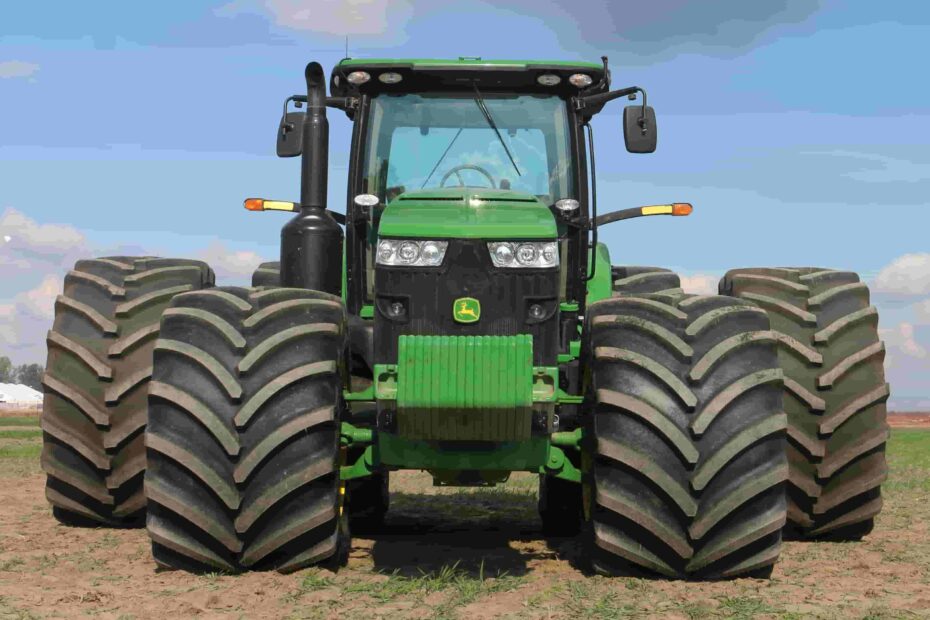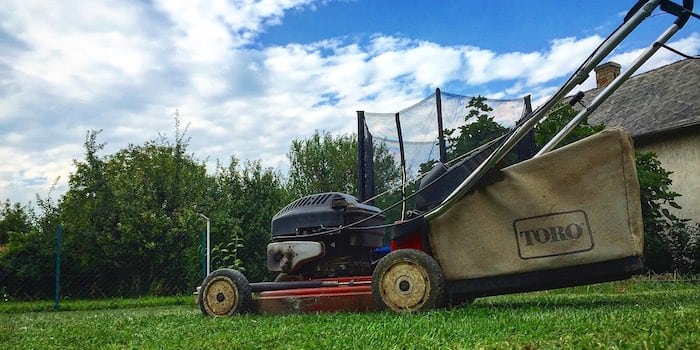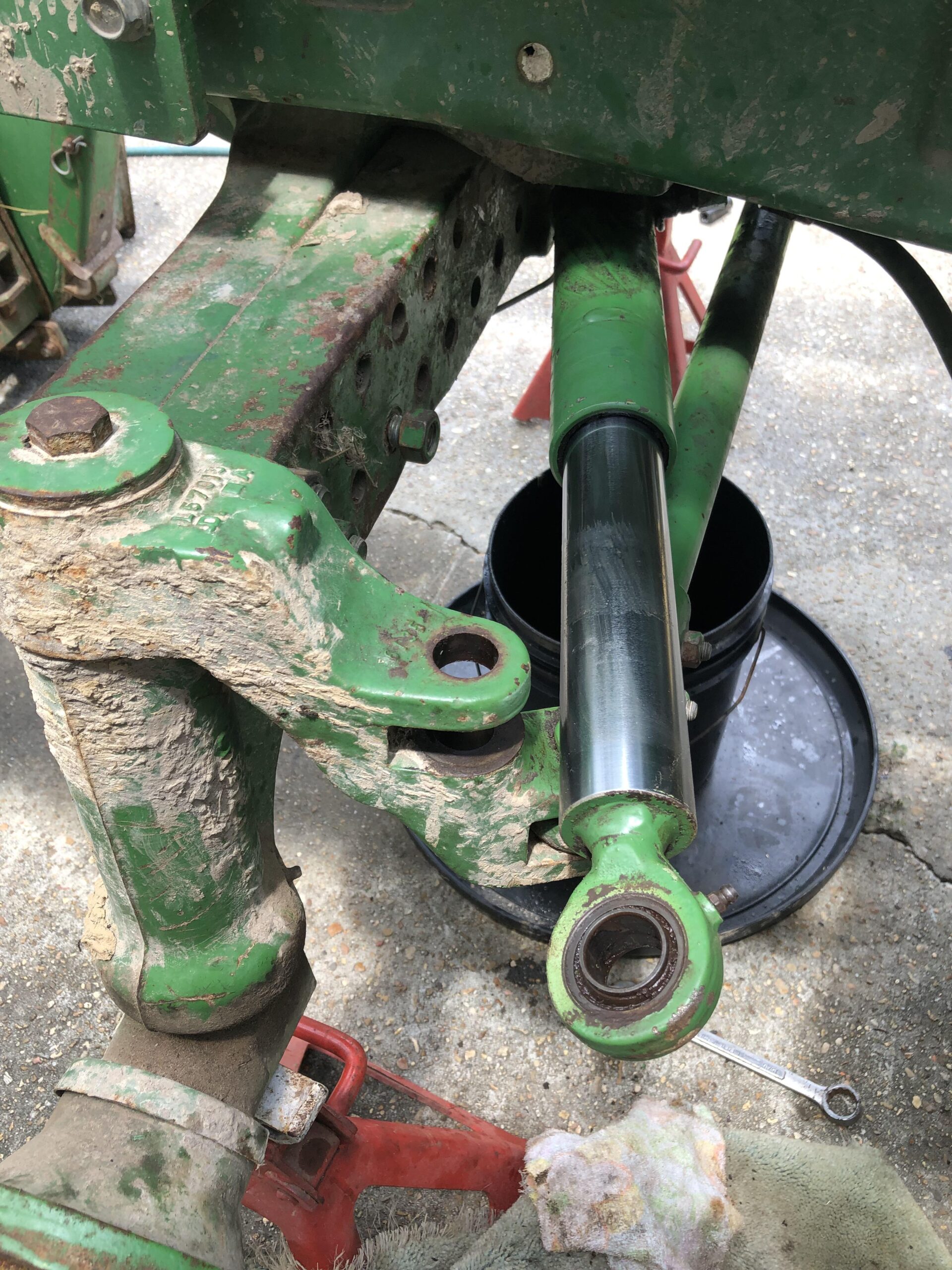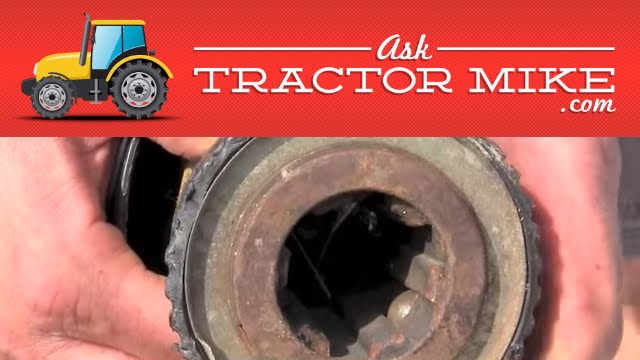Tractor tires typically last between 5 to 7 years before needing replacement. Factors such as usage and maintenance affect their lifespan.
When it comes to getting the most out of your tractor tires, it’s important to understand how long they can be expected to last. Proper maintenance, such as checking tire pressure and alignment, can help extend their lifespan. Additionally, being mindful of how you use your tractor can also impact tire longevity.
By following recommended practices and keeping an eye on wear and tear, you can ensure your tractor tires last as long as possible. Understanding the lifespan of your tires can ultimately save you time and money in the long run.
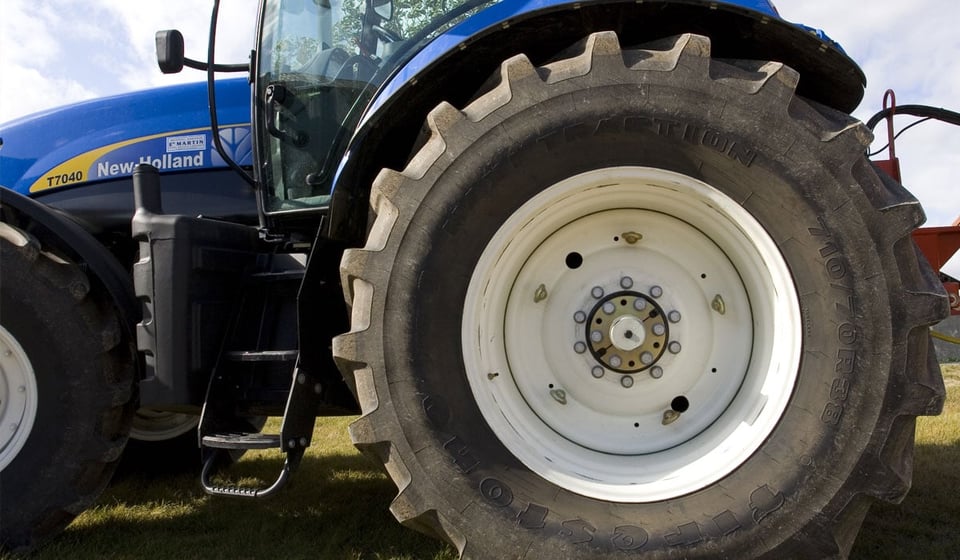
Credit: www.firestone-agriculture.eu
Factors Affecting Tractor Tire Lifespan
Tractor tires are a crucial component of agricultural machinery, and their durability directly affects the efficiency of farm operations. Several factors influence the lifespan of tractor tires, ranging from the quality of materials used to maintenance practices employed. Understanding these factors is essential for maximizing the longevity of tractor tires and optimizing farm productivity.
Quality Of Tire Materials
The quality of materials used in manufacturing tractor tires plays a significant role in determining their lifespan. High-quality rubber compounds and reinforced plies enhance durability and resistance to wear and tear. Additionally, the incorporation of advanced technologies, such as specialized tread designs and compounds, can significantly prolong the life of tractor tires, ensuring longevity and reliable performance on various terrains.
Tire Design And Construction
The design and construction of tractor tires are pivotal factors influencing their longevity. Sophisticated tire designs, including deep treads and reinforced sidewalls, contribute to increased resilience against punctures, cuts, and abrasions. Moreover, the proper ply rating and tire structure are vital in determining the capacity of tires to withstand heavy loads and challenging operating conditions, thereby extending their service life.
Maintenance And Care
Regular maintenance and proper care practices greatly impact the lifespan of tractor tires. Routine inspections for signs of wear, inflation pressure checks, and correct alignment are essential for ensuring optimal tire performance and longevity. Additionally, adhering to recommended tire rotation schedules and utilizing appropriate storage methods can minimize premature wear and prolong the lifespan of tractor tires.
Signs And Indicators Of Tractor Tire Wear
Keeping an eye on the condition of your tractor tires is essential for maintaining optimal performance and safety. By understanding the Signs and Indicators of Tractor Tire Wear, you can address potential issues before they escalate.
Tread Depth And Pattern
Tread depth and pattern are crucial factors in determining the lifespan of tractor tires. Insufficient tread depth can reduce traction and lead to decreased efficiency.
- Regularly measure tread depth with a gauge
- Look for worn-out or bald patches
- Uneven tread wear indicates alignment issues
Uneven Wear Patterns
Uneven wear patterns can signify underlying problems that need attention. Addressing these issues promptly can prevent further damage and extend the life of your tractor tires.
- Monitor for cupping, feathering, or scalloping
- Rotate tires regularly to ensure even wear
- Check for proper inflation to avoid uneven wear
Sidewall Cracks And Bulges
Sidewall cracks and bulges indicate potential structural damage and pose a safety risk. Regular inspection of the sidewalls is crucial for identifying these warning signs.
- Examine sidewalls for cracks, cuts, or bulges
- Replace tires if sidewall damage is detected
- Avoid overloading tires to prevent sidewall damage
Average Lifespan Of Tractor Tires
Tractor tires are essential for the smooth operation of agricultural machinery. Understanding the average lifespan of tractor tires can help farmers plan maintenance and replacements effectively.
Different Tractor Applications
In HTML syntax, different tractor applications play a key role in determining tire lifespan. Frequent use in rugged terrains like farms can impact tire longevity.
Tire Usage And Load Capacity
Consider tire usage and load capacity for optimal performance. Overloading can accelerate wear and reduce the lifespan of tractor tires.
Operating Conditions
Environmental factors can affect the lifespan of tractor tires. Extreme weather conditions may lead to premature wear and tear.

Credit: www.sttc.com
Extending The Lifespan Of Tractor Tires
Proper Inflation And Pressure
The key to ensuring the longevity of tractor tires lies in maintaining proper inflation and pressure. Adequate air pressure not only improves tire performance but also extends their lifespan. Regularly check the tire pressure using a reliable gauge to ensure it meets the manufacturer’s specifications.
Regular Inspections And Rotations
Regular inspections and rotations play a crucial role in maximizing the lifespan of tractor tires. Conduct a visual inspection to identify any signs of wear, damage, or punctures. Additionally, scheduled tire rotations help distribute the wear evenly across all tires, extending their lifespan.
Avoiding Overloading And Heavy Ruts
To prolong the lifespan of tractor tires, it is essential to avoid overloading and heavy ruts. Overloading puts undue stress on tires, leading to premature wear, while heavy ruts can cause uneven wear patterns. By ensuring that tractor loads are within recommended limits and managing field operations effectively, tire lifespan can be extended.
Replacing Tractor Tires
Tractor tires typically last for a certain number of hours of use rather than a fixed time period. However, with proper maintenance and regular inspections, tractor tires can last between 1,000 to 5,000 hours before needing replacement.
When To Replace
Knowing when to replace your tractor tires is vital to ensure the safety and efficiency of your machine. There are several factors to consider when determining if it’s time for new tires.
- Tread Wear: The tread depth is a key indicator of tire condition. Measure the tread depth regularly and replace the tires when they reach a depth of around 6/32 inches.
- Irregular Wear: Inspect the tires for any signs of uneven or irregular wear. This can indicate alignment or inflation problems, which can lead to premature tire failure.
- Cuts or Punctures: Look for any cuts or punctures in the tire that cannot be repaired. These can weaken the tire structure, making it more susceptible to blowouts.
- Age: Generally, tractor tires should be replaced every 5 to 7 years, even if they still have sufficient tread. Aging can cause tire rubber to degrade, resulting in reduced performance and safety.
Choosing The Right Replacement Tires
When it comes to selecting the right replacement tires for your tractor, there are a few factors to consider:
- Tire Type: Determine the type of tire you need based on the terrain and the tasks you’ll be performing. Options include agricultural, industrial, and turf tires.
- Tire Size: Ensure the new tires match the size specifications recommended by the manufacturer. Using improperly sized tires can affect the tractor’s performance and stability.
- Tire Load Capacity: Consider the weight that the tires need to support. Choose tires with a load capacity that exceeds the maximum weight your tractor will bear.
- Tire Brand and Quality: Research different tire brands and opt for reputable ones known for their durability and performance. Investing in high-quality tires can save you money in the long run.
Proper Disposal Of Old Tires
Once you’ve replaced your tractor tires, it’s important to dispose of the old ones properly. Here are a few options:
- Tire Recycling Centers: Check if there are local recycling centers that accept tires. These centers will ensure the tires are recycled or repurposed in an environmentally friendly manner.
- Tire Retailers: Some tire retailers offer tire disposal services when you purchase new tires from them. Inquire if they offer this service and take advantage of it.
- Tire Disposal Events: Look out for community tire disposal events organized by local authorities or waste management agencies. These events provide a convenient and responsible way to get rid of old tires.
By understanding when to replace your tractor tires, choosing the right replacements, and disposing of the old tires correctly, you can ensure the longevity and optimal performance of your tractor while minimizing environmental impact.

Credit: www.lubezone.com
Frequently Asked Questions Of How Long Do Tractor Tires Last
What Is The Life Expectancy Of Tractor Tires?
Tractor tire lifespan varies based on usage, maintenance, and conditions. Generally, they last 5-7 years with regular use. Proper care can extend this to 10 years. Regular inspection and maintenance are crucial for longevity.
When Should I Replace My Tractor Tires?
Replace your tractor tires every 5-7 years or when tread depth falls below 4/32 inches. Also, check for sidewall cracks or bulges.
How Do I Keep My Tractor Tires From Dry Rotting?
To prevent tractor tire dry rot, store indoors, away from sunlight, and use tire protectants regularly. Monitor tire pressure and avoid harsh chemicals.
How Long Do Riding Mower Tires Last?
Riding mower tires typically last for three to five years, depending on usage and maintenance. Regular inspections and proper care can extend their lifespan. Replacing tires when the tread wears down or when they develop cracks or bulges is important for safety and performance.
Conclusion
The lifespan of tractor tires varies based on usage and maintenance. By following recommended care practices, such as proper inflation and regular inspections, you can extend the life of your tires. Understanding the factors that affect tire longevity will help you make informed decisions for your agricultural needs.
- How Much Does a Ford 9N Tractor Weigh - May 20, 2024
- How Many of My Exact Car were Made: Uncovering the Rarity - May 20, 2024
- How to Find Out What Someone Drives: Discover the Truth - May 20, 2024
